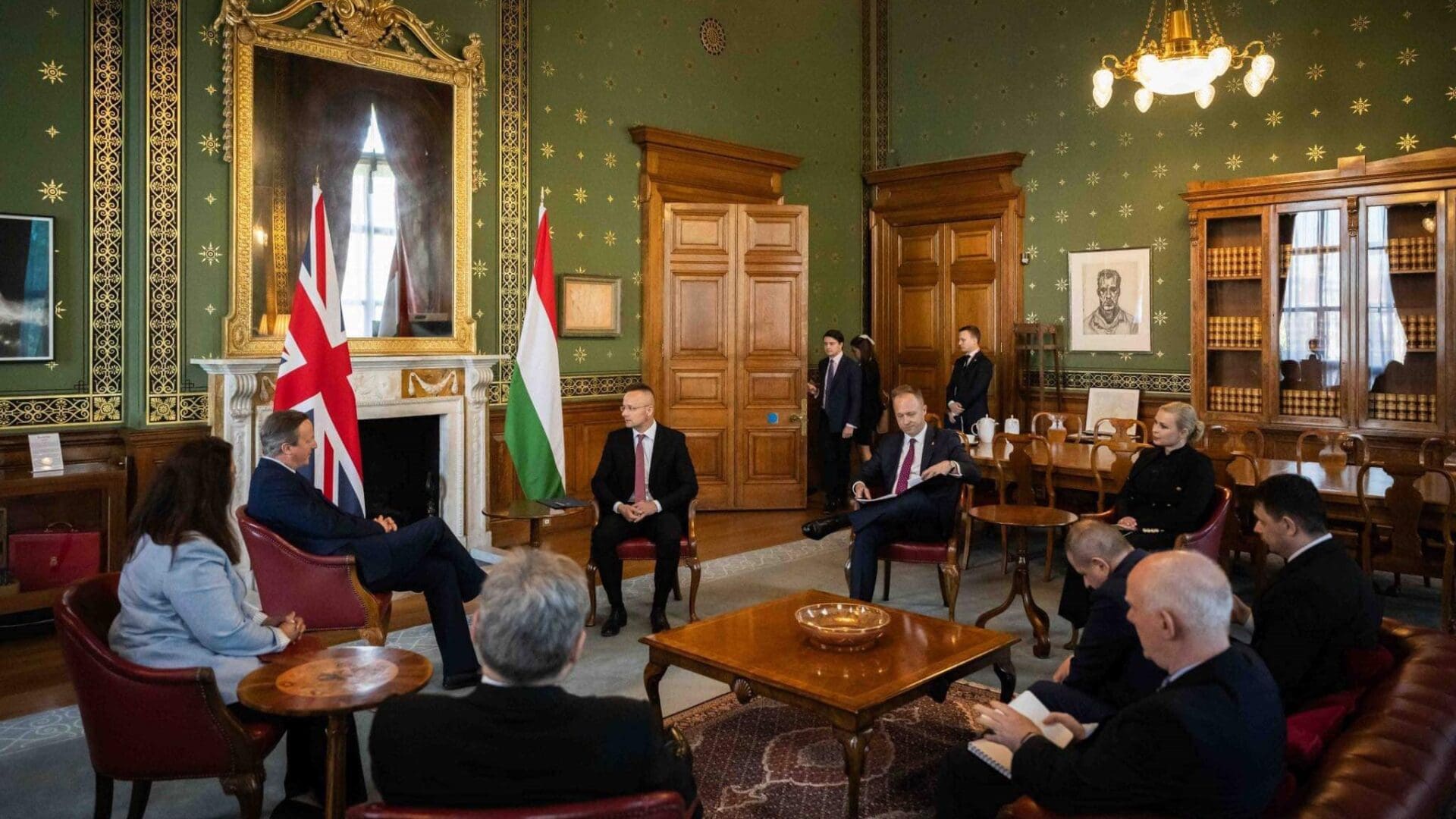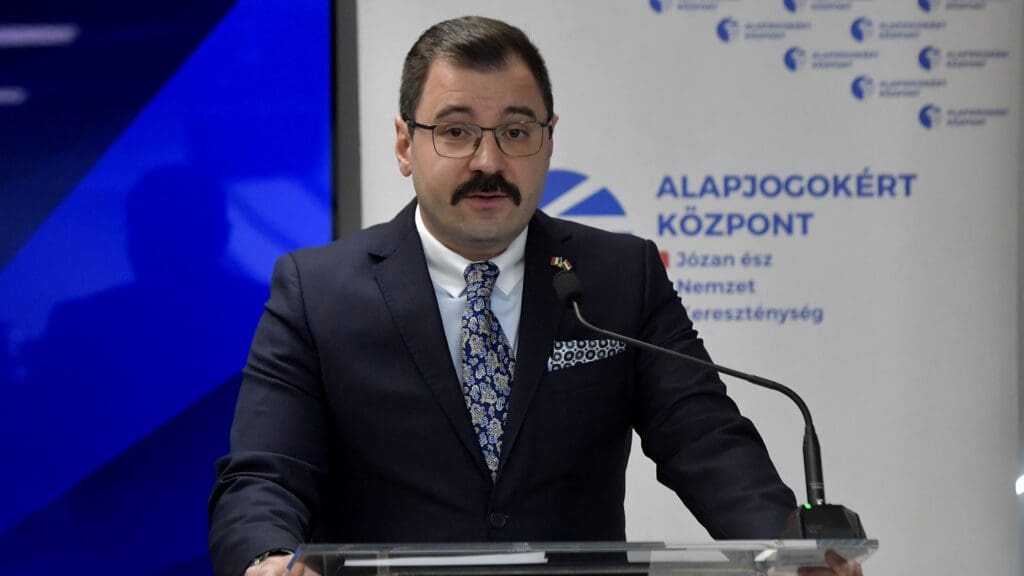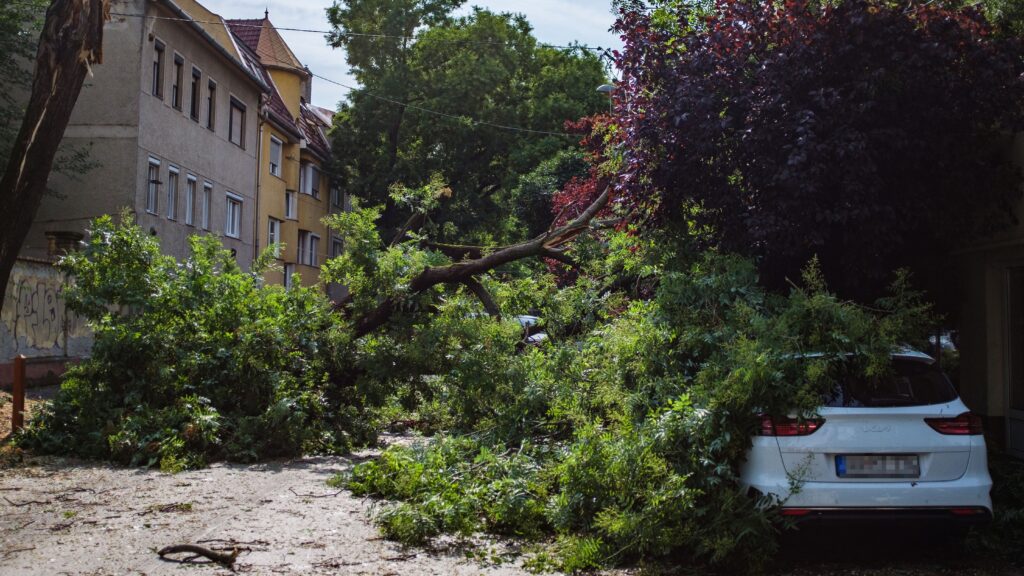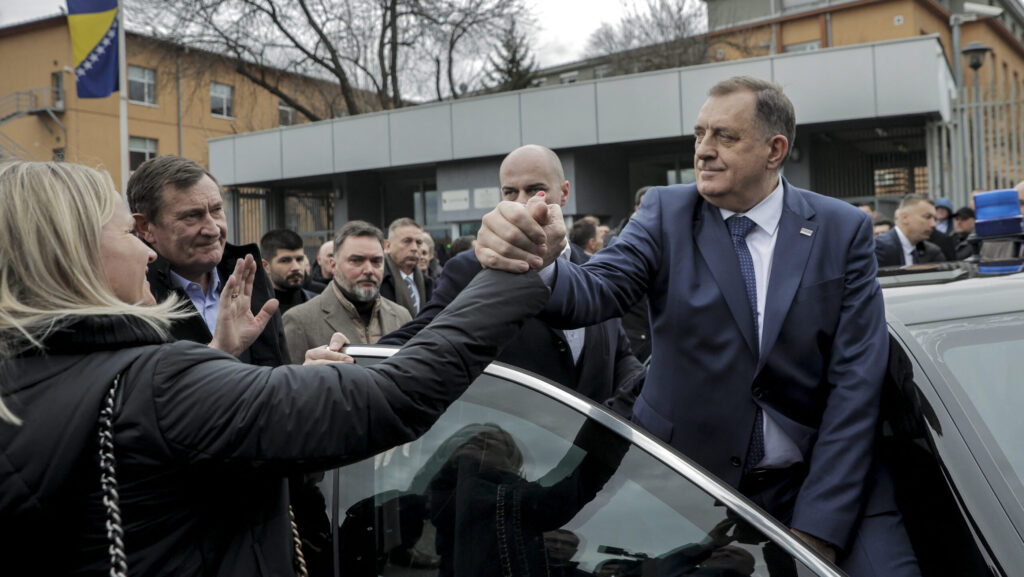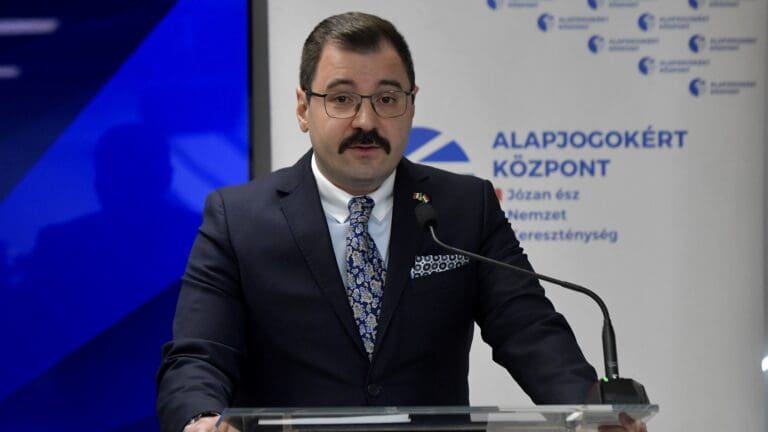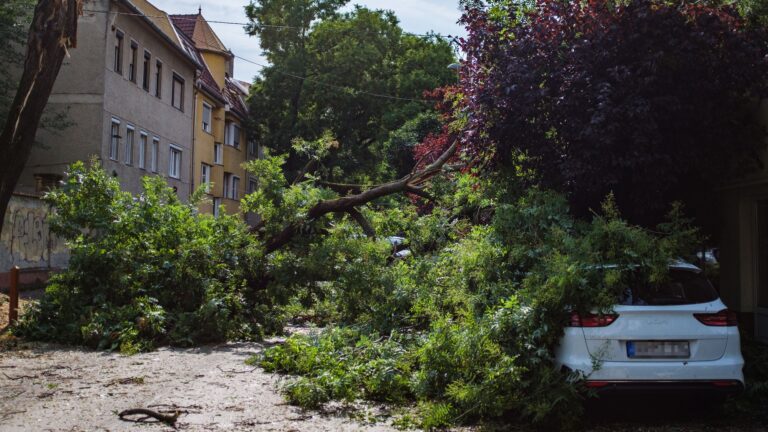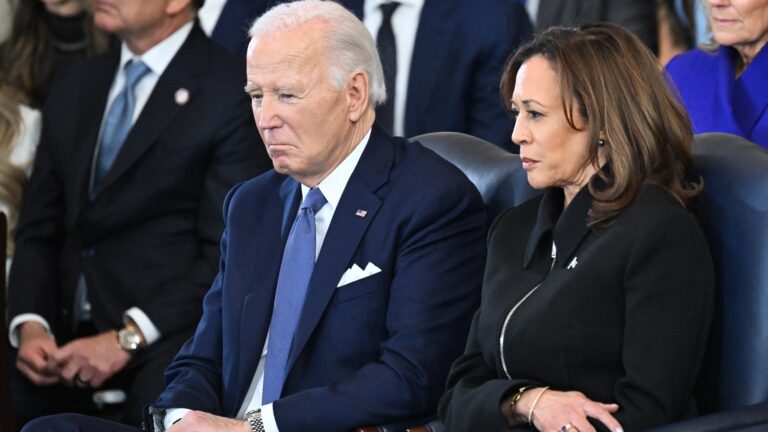Péter Szijjártó met with his UK counterpart, David Cameron in London on Wednesday. The two discussed the Russo–Ukrainian war and the importance of preserving Euro-Atlantic unity. The Hungarian Foreign Minister also delivered remarks at the Royal Institute of International Affairs (Chatham House) in London. He argued that the European Union is currently in a worse condition than it was five years ago, with a significant decline in both the community’s security and competitiveness. In order to reverse the negative trend, a change in leadership in Brussels is needed, he declared.
After his meeting with his UK counterpart, David Cameron, the Hungarian foreign minister said that the positions of the two governments are similar regarding nuclear energy, which, according to Szijjártó, should be classified as a clean, sustainable and green energy source. There is also a great deal of agreement regarding illegal migration, which must be stopped, as it is dangerous for migrants, transit and destination countries as well, Szijjártó noted.
Where there is no agreement is the issue of the war in Ukraine, as Hungary is calling for a cease-fire and peace negotiations, while the British would deliver as many weapons as possible to Kyiv.
The British government also agrees with the idea that NATO should assume a greater role in the war than before, as per a proposal presented to the permanent representatives of member states yesterday. According to the Hungarian minister, the British and NATO are tying the end of the war to the victory of Ukraine, however, according to him, this is practically impossible.
According to David Cameron, he highlighted the importance of preserving Euro-Atlantic unity during the meeting.
At the Royal Institute of International Affairs, commonly known as Chatham, House, the Hungarian foreign minister outlined three priorities for the upcoming Hungarian EU presidency during a panel discussion on Wednesday.
Firstly, Hungary will work towards the promotion of Western Balkan enlargement, he highlighted. In this context, he pointed out the tangible difference between the region’s peace and unrest, emphasizing the importance of advancing the integration process, particularly considering that the five candidate countries have been waiting for an average of 14 years and 11 months, which severely undermines the credibility of the enlargement policy. He stressed the urgent need for the region’s countries to be admitted promptly, especially as the EU is currently in poor shape, requiring fresh impetus and new energy to halt its decline.
The second priority was identified as combating illegal migration, with Szijjártó recalling that Hungary prevented over 200,000 illegal border crossing attempts last year alone. He stressed that international law clearly states that refugees fleeing war or persecution can stay in the first safe country they reach, not the second, third, or fourth. In this regard, he underscored that Hungary has admitted more than one million refugees from Ukraine following Russian aggression two years ago, but would not do the same with migrants arriving from the south who had passed through safe countries.
The third priority of the Hungarian presidency will be to improve the EU’s competitiveness, as China has now overtaken as the world’s second-largest economy, and both Beijing and Washington are pursuing protectionist policies.
Responding to questions, he opined that the EU’s security and competitiveness have deteriorated significantly over the past five years,
with the situation worse than at the beginning of the cycle. Therefore, Hungary does not support the re-election of the current Brussels leaders. Addressing criticisms of Hungarian leadership, Szijjártó remarked that the real driving force behind these is that ‘Brussels and the international liberal mainstream cannot digest the fact that there is a distinctly right-wing, patriotic government that goes against the mainstream and yet is successful, with the support of the people.’
He asserted that this liberal mainstream sees itself as the only successful path to development, and the mere existence of the Hungarian government contradicts this. He added that criticisms of the situation in Hungary are based on biased reports, as in reality, neither press freedom nor judicial independence is in any danger. He also expressed regret over the United Kingdom’s departure from the European Union, noting that the exit of one of the representatives of common sense has made the debate quite unbalanced between sovereigntists and federalists. In this regard, he reiterated that Hungary opposes federalist ideas and believes that a strong Europe requires strong member states.
The minister was also asked about Hungarian–Russian relations, to which he pointed out that the government still intends to cooperate with Russia in areas unaffected by sanctions. He criticized the hypocrisy of the transatlantic world, citing the fact that the expansion of the Paks nuclear power plant is being carried out by American, German, and French companies alongside the Russian main contractor, and there is ongoing pressure for Hungary not to purchase Russian nuclear fuel, despite Russia being the United States’ top uranium supplier last year. ‘It is extremely easy to say that Szijjártó is Lavrov’s friend, that Orbán meets with Putin, that you, Hungarians, are traitors, propagandists of the Kremlin, but if we look behind the scenes, we can see that those who accuse us make much larger deals with the Russians than we do,’ he stated.
He confirmed that Hungary strongly condemns the war in Ukraine and finds it completely unacceptable for a sovereign country to be attacked. However, he noted that it is very easy to say this in London, Berlin, Warsaw, or Washington, as it does not require great courage. ‘My question is, why have I been the only one among European politicians to say this directly, openly, and honestly to the Russians in Russia?’ he asked.
Finally, he expressed his view that there is no solution to the war on the battlefield, and supplying weapons only prolongs the fighting, hence the need for a diplomatic solution.
Related articles:
Sources: Hungarian Conservative/Ministry of Foreign Affairs and Trade

